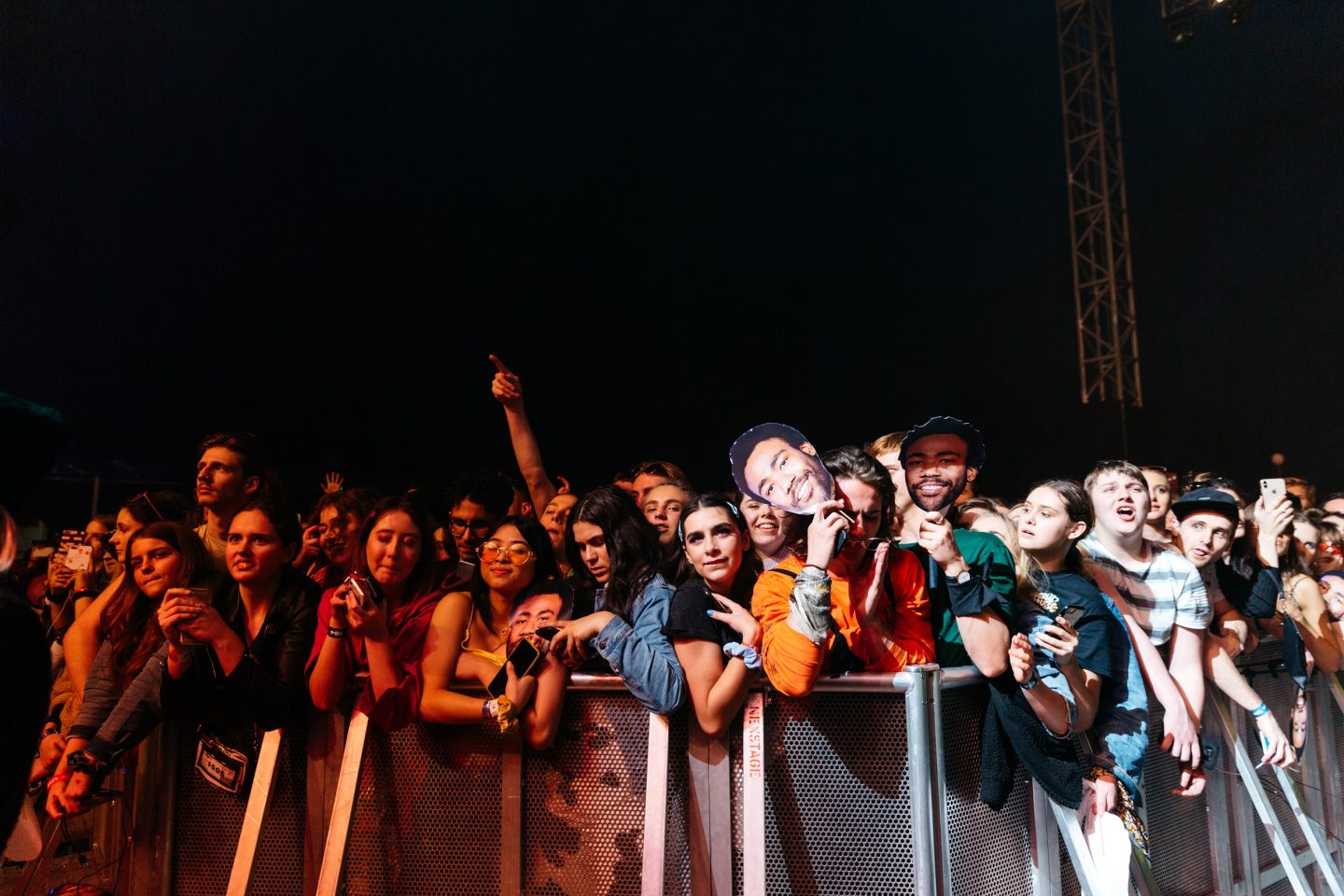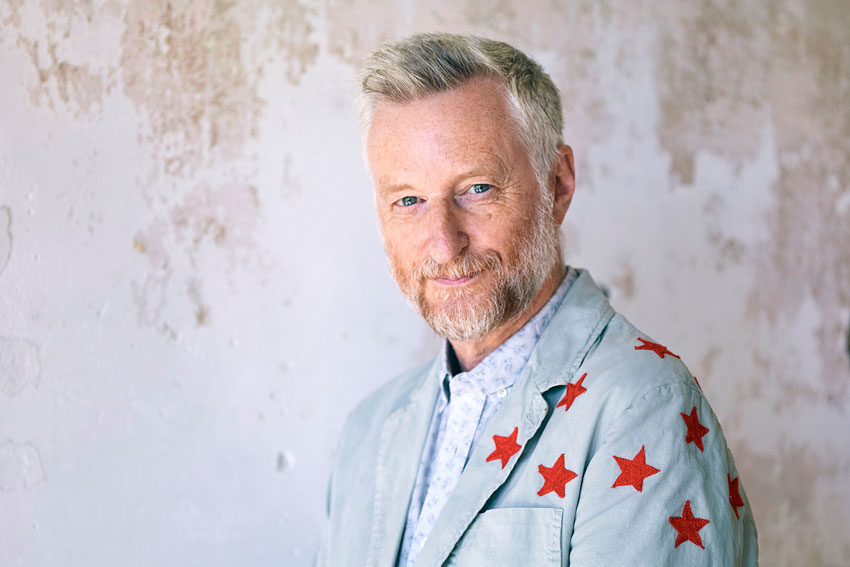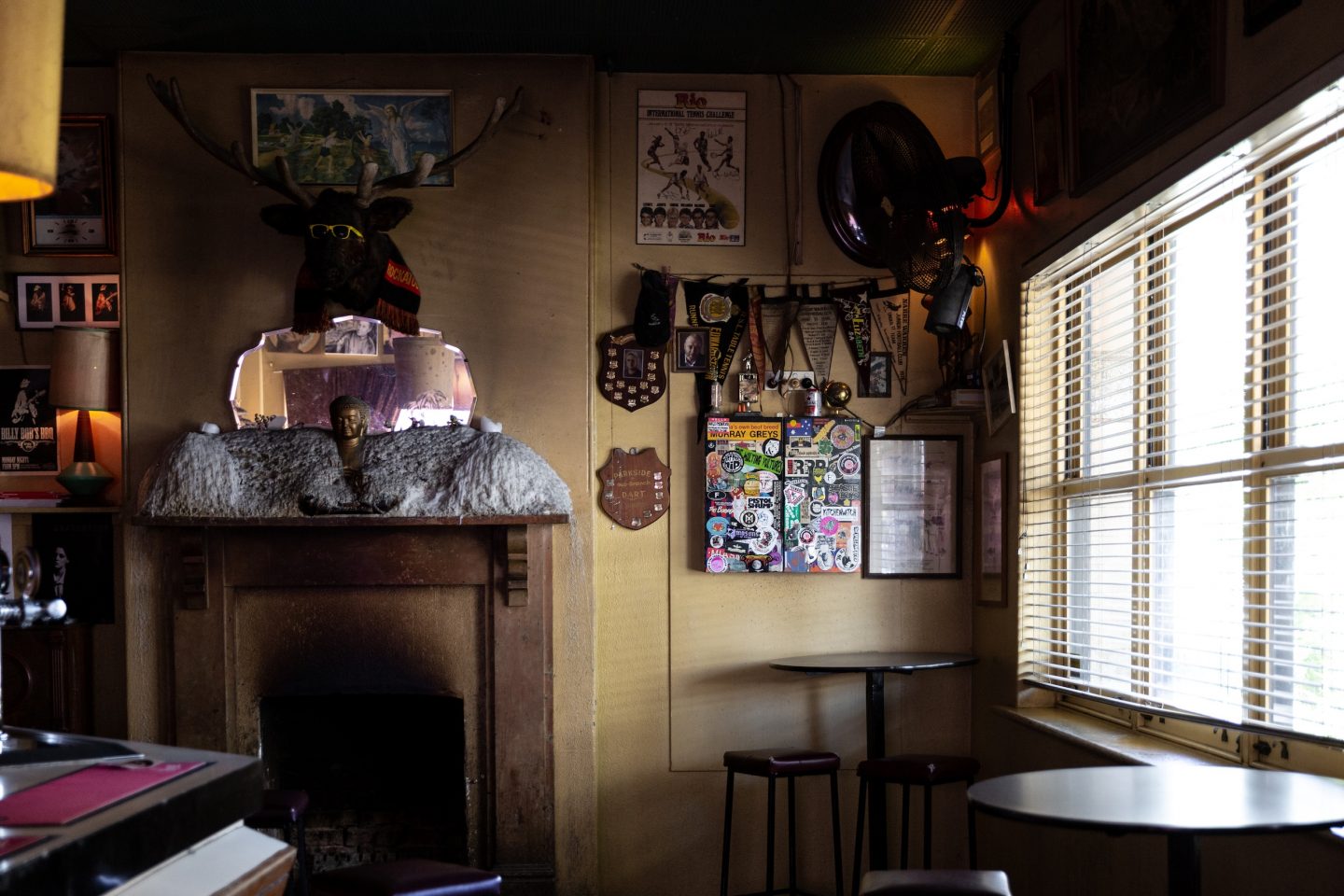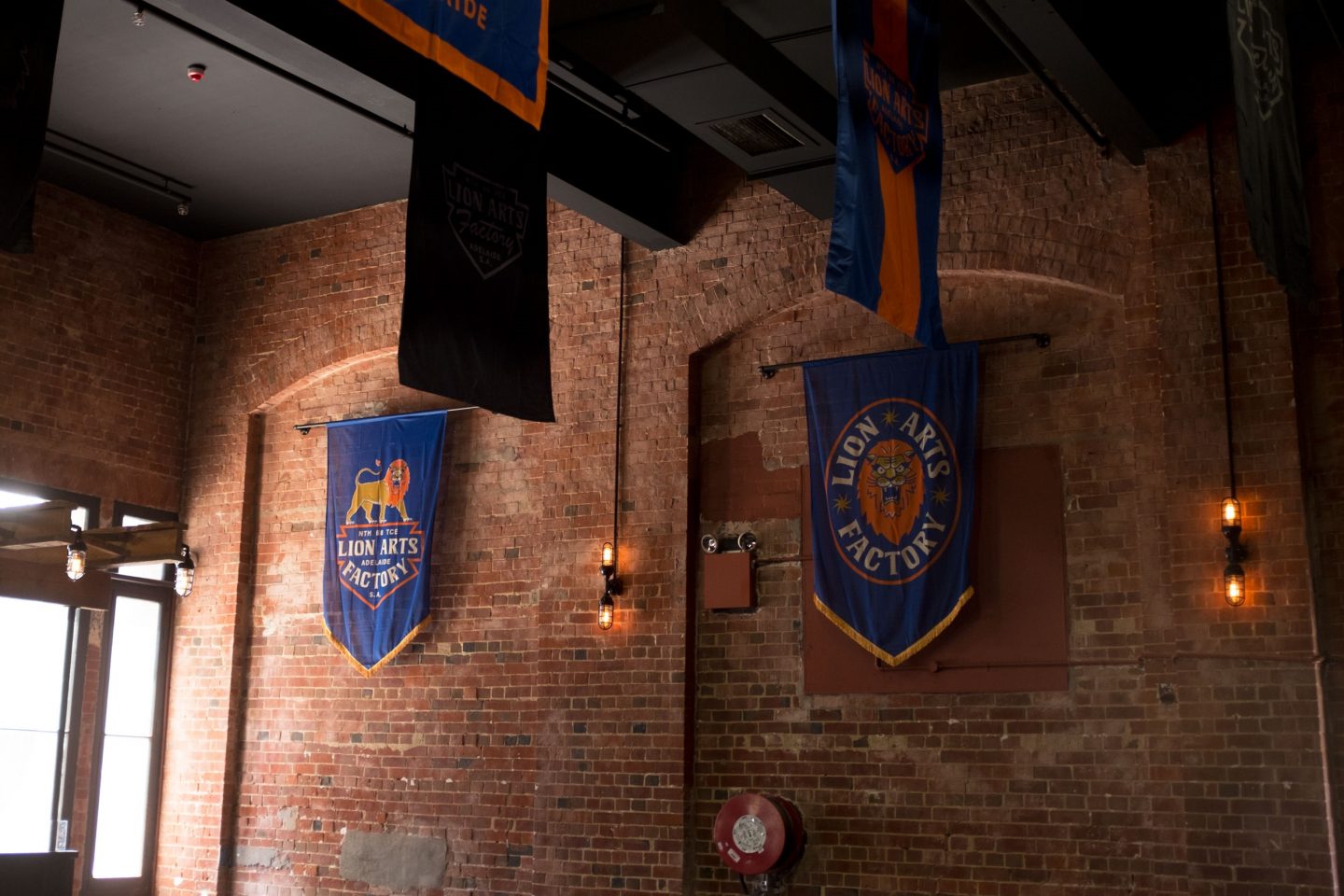
Walter Marsh
Walter is a writer and editor living on Kaurna Country.

Banning ‘non-essential’ mass gatherings is a prudent move to minimise the spread of COVID-19, but one that nonetheless stands to devastate South Australia’s live music industry.
It took the length of a Friday afternoon press conference for Australia’s entire arts industry to be dramatically and indefinitely upended, as Prime Minister Scott Morrison confirmed on 13 March that the federal government would introduce precautionary restrictions on ‘non-essential’ mass gatherings of over 500 people.
While the measures, which took effect the following Monday, meant the final gasp of Adelaide’s festival season was able to proceed relatively unscathed, the impact on major venues and arts organisations soon became clear. The Adelaide Festival Centre’s 2000-capacity Festival Theatre along with smaller Dunstan Playhouse and Space Theatre were almost instantly placed out of commission until May, while State Opera and Adelaide Symphony Orchestra programs at venues including Thebarton Theatre and Memorial Drive soon followed suit.
By the Wednesday, the government further heightened restrictions to include indoor gatherings of 100 people along with new ‘social distancing’ measures, a move which would also derail small-to-medium performances ranging from pub band rooms to mid-sized live music heartlands.

Port Road venue The Governor Hindmarsh has confirmed to The Adelaide Review that while it is working to reschedule as much of its upcoming slate as possible, it estimates between 50 to 70 shows in its 600-capacity venue will be hit. Affected performances include shows from The Rubens, blues legend John Mayall and a landmark three-night run by Billy Bragg, with the overall number likely to double as front bar gigs are also cancelled.
“Basically everything’s stopped,” a spokesperson from The Governor Hindmarsh explains. “We can’t overstate how devastating it is; The Gov employs over 40 people, the majority are casual employees – office workers, sound technicians, bar staff. There’s minimal work for everyone, but we’re doing our best to stay open while taking all precautions to look after the public and our staff.”
Hindley Street venues Jive and Rocket Bar have both closed indefinitely, while other live music hotspots such as the Crown and Anchor and Exeter Hotel have shut down their band rooms or seen widespread cancellations. When Waymouth Street pub The Grace Emily posted its usual weekly gig guide to social media this week, it was ominously blank. By Friday afternoon, after the government detailed more specific person-per-square-metre requirements, it had closed its doors.

Lion Arts Factory – formerly Fowlers’ Live – also confirmed it would shut down indefinitely, with its operators 5/4 Entertainment forced to postpone their Splendour In The Grass offshoot festival Spin Off. As 5/4’s Craig Lock explains, the cancellation of international festivals like Coachella and SXSW presented an early warning sign their business would be heavily impacted, but little could have prepared them for the extent of the challenge ahead.
“We were behind every other country, we could already see things coming that weren’t positive,” Lock tells The Adelaide Review. “We were already investigating moving Spin Off, but when [the 500-person cap] got announced we obviously knew that most of the major events we were doing would be in jeopardy.
“But we’d hoped we could still run Lion Arts Factory because that’s 500 people. Then obviously when the 100-person ban happened, it was complete decimation. Every gig has been cancelled, at every venue that we book for. Lion Arts Factory lost 45 gigs in 4 days, The Exeter doesn’t have a single booking. No one wants to play; even if it’s under 100 people, there’s an ethical dilemma people are grappling with.”
While you would be hard-pressed to find anyone in the industry who disagrees with the decision from a public health standpoint, the measures stand to devastate an industry that already operates with a great degree of uncertainty. A hastily created website, ilostmygig.net.au, asked artists and performers around the country to log lost work. Within days the tally of lost income hit $200 million, with 400 000 people affected across 220 000 events.
The impact will be swift and widespread, affecting not only artists, but the legion of support workers and event staff who also find themselves without work. Such precarity is by no means unique to these industries, and indeed the cascading impact of COVID-19 on many other casualised, public-facing industries also means that for many working in creative sectors, side jobs in hospitality or events that were once relied upon to make ends meet between gigs have also vanished.

Calls for stimulus measures or relief for arts industries have so far gone un-answered. While arts and cultural ministers from around the country met via teleconference on 19 March, a resulting communiqué offered little meaningful reassurance beyond a pledge to “further discuss cash flow issues and grant arrangements” and “consider the role of creative development and digital capability to help sustain the sector”. It’s a long way from the $850 million package proposed by peak body Live Performance Australia.
The creative and cultural sector, the ministers’ communiqué reads, “will be critical to the health and wellbeing of people both during this immediate crisis, and into the recovery period”, words that will likely be of little consolation for an industry struggling itself struggling to survive.
In the meantime, some venues and organisations are grasping at new ways of connecting with audiences; the ASO hopes to livestream at least one if its upcoming concerts, something The Gov has also flagged as a possibility. Many local artists are encouraging listeners to support them by purchasing their music from Bandcamp – an online platform which will temporarily suspend its own cut from purchases made on Friday 20 March. Unlike the famously low royalty rate of streaming platforms like Spotify, it’s one way of directly putting money in artists’ accounts.
For his part, Lock has taken to selling leftover Lion Arts Factory t-shirts to supporters online. “We’ve sold 10,” he says. “Which is not too bad, but it’s not going to make much of a dent.”
This latest challenge follows years of hard-fought growth for the company, with the 2019 reopening of Lion Arts Factory marking what was meant to be an exciting new chapter. “Last week every single desk here was occupied, it was a hive of activity,” Lock says. “Now there’s just three of us cancelling gigs and figuring out what we’re going to do to survive. We literally have zero income stream – none.
“We don’t know what’s going to happen but we’re just trying to take it day by day, email by email.”
As of Friday 20 March, there have been 50 confirmed cases of COVID-19 in South Australia. Readers are advised to consult SA Health’s website for the latest information.
Update 23 March: The federal government has now announced updated measures forcing all licensed pubs, clubs and entertainment venues to shut.

Walter is a writer and editor living on Kaurna Country.